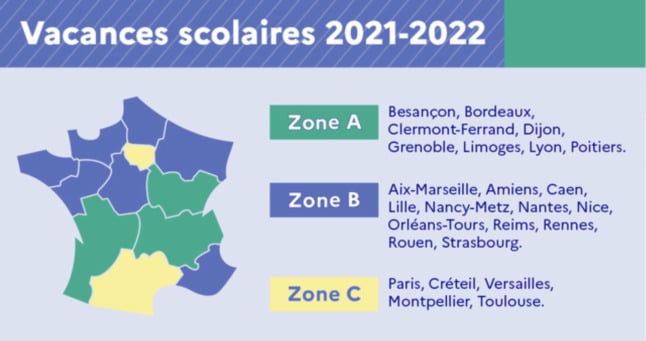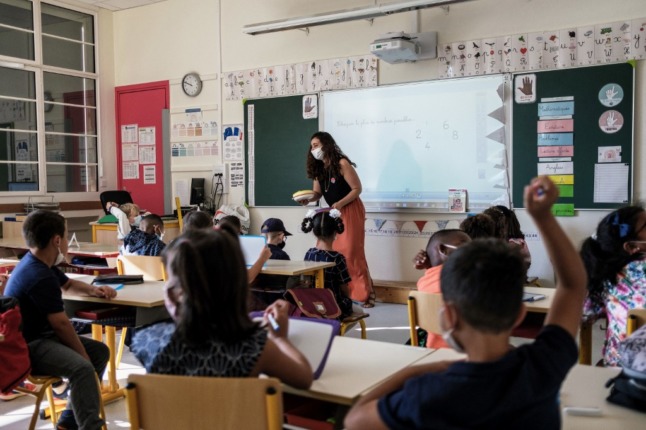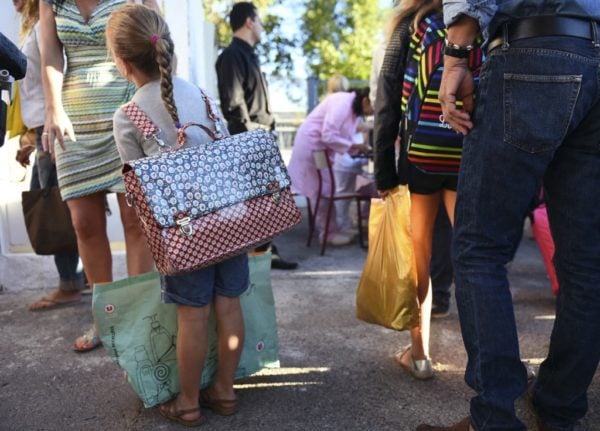The French Education Minister, Jean Michel Blanquer, has announced a relaxation of Covid protocol in primary schools, which will come into effect when pupils return to class after the February holidays.
“We are in a situation to be able to proceed with easing,” he said.
Primary schools will move from a level 3 covid protocol to level 2. This means:
- Children will be allowed to mix with others of their own age group – rather than being confined to mixing with their own class;
- Children will not have to wear masks while outside;
- Inside sports are allowed once again (except for contact sports), even without a mask.
Middle schools and high schools are already on a Level 2 Covid protocol.
Classes restart on February 21st for children in Zone B, on February 28th for children in Zone A and on March 7th for those in Zone C.

From February 28th, pupils in all schools who are a contact cases will only need to take two Covid tests – one (PCR or antigen) on the day of infection alert and another (self-test, PCR or antigen) two days later. Previously, a third test had to be taken on Day 4.
Pupils under the age of 12 who test negative on the day of their contact are allowed to return to school on the condition that they take a Day 2 test. Those who don’t take tests are required follow distance learning for seven days.
The rule is a little different for contact case children over the age of 12. If unvaccinated, they must self isolate and take a test on Day 7 before returning to class.
From February 21st, parents of children under the age of 12 will no longer need to sign an attestation sur l’honneur declaring that these tests have been taken.
“This system will make the life of parents and teachers easier,” said Blanquer.



 Please whitelist us to continue reading.
Please whitelist us to continue reading.
Member comments